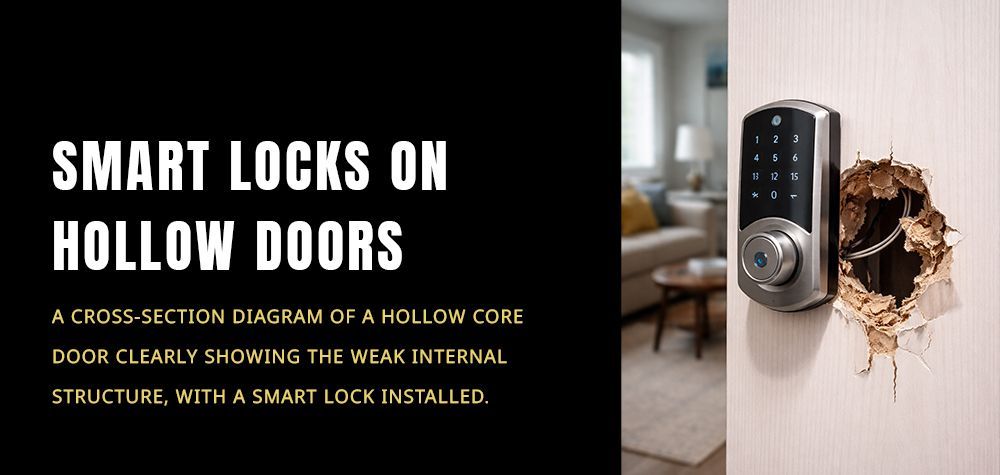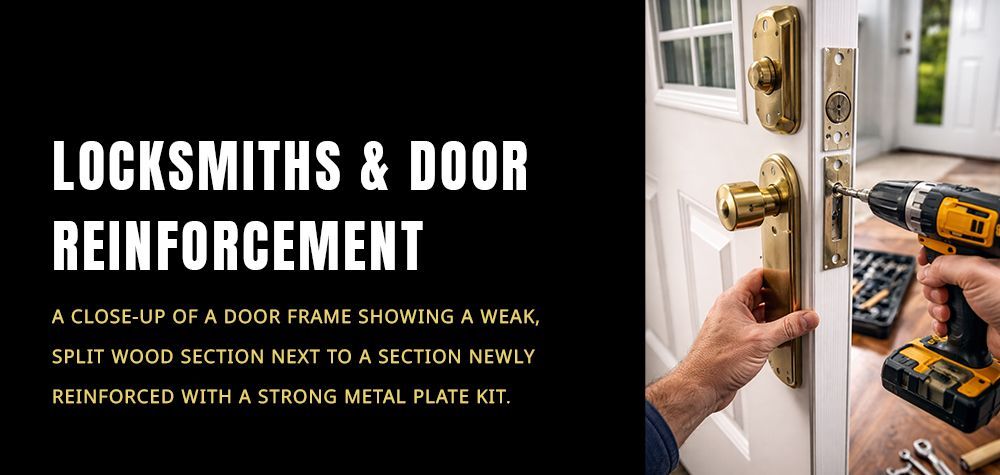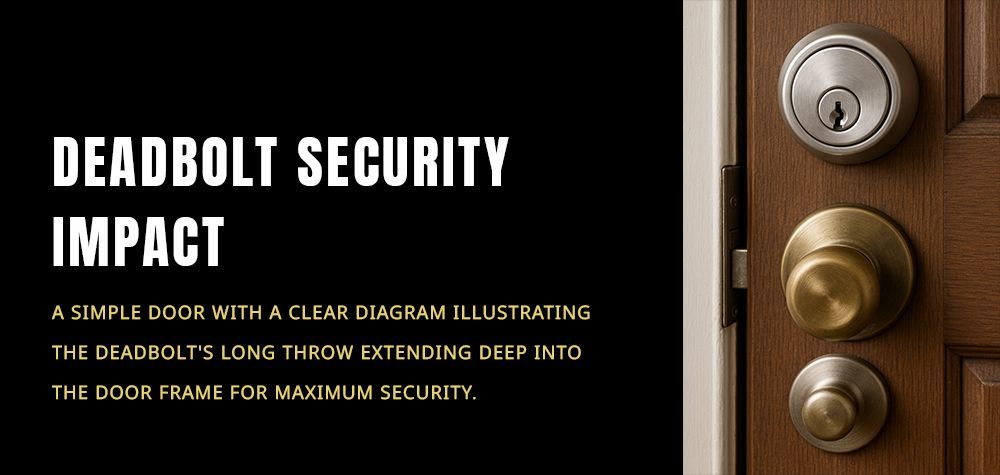Guide to Well-Maintained Car Latches
Keeping your car in top shape means paying attention to every detail, including the latches that secure your doors, trunk, and hood. Well-maintained car latches ensure that your vehicle operates smoothly and safely. In this guide, we'll cover everything you need to know about maintaining your car latches, from why it's important to practical tips for keeping them in great condition.
1. Why Well-Maintained Car Latches Matter
Car latches might seem like minor components, but they play a crucial role in your vehicle's overall function and safety:
- Security: Properly functioning latches keep your car doors, trunk, and hood securely closed, protecting your belongings and preventing unauthorized access.
- Safety: Latches that work correctly ensure that doors stay shut while driving, reducing the risk of accidents.
- Convenience: Smooth-operating latches make it easier to open and close doors, providing a more enjoyable driving experience.
2. Common Car Latch Problems
Understanding common car latch problems can help you identify issues early and address them before they become major problems:
- Sticking Latches: Dirt, debris, or rust can cause latches to stick, making it difficult to open or close doors.
- Broken Springs: Springs inside the latch mechanism can wear out or break, leading to latch failure.
- Misalignment: Latches can become misaligned due to wear and tear or minor accidents, preventing them from catching properly.
- Rust and Corrosion: Exposure to moisture can cause rust and corrosion, compromising the latch's function.
3. Preventive Maintenance Tips
Regular maintenance can extend the life of your car latches and ensure they operate smoothly. Here are some preventive maintenance tips:
a. Regular Cleaning
- Clean the Latches: Use a mild detergent and water to clean the latches regularly. Remove dirt, grime, and debris that can cause sticking.
- Lubricate Moving Parts: Apply a light lubricant, such as silicone spray, to the moving parts of the latch mechanism to prevent sticking and rust.
b. Inspect for Damage
- Check for Wear and Tear: Regularly inspect latches for signs of wear and tear, such as rust, broken springs, or misalignment.
- Test the Functionality: Open and close doors, trunk, and hood to ensure latches are functioning properly. Listen for unusual noises or resistance.
c. Protect Against Moisture
- Sealant Application: Apply a protective sealant to the latches to prevent moisture buildup, which can lead to rust and corrosion.
- Regular Drying: After washing your car or driving in the rain, dry the latch areas to prevent moisture accumulation.
4. Troubleshooting and Repairs
If you encounter problems with your car latches, here are some troubleshooting and repair tips:
a. Fixing Sticking Latches
- Clean and Lubricate: Clean the latch thoroughly and apply a lubricant to the moving parts. Work the latch back and forth to distribute the lubricant evenly.
- Remove Debris: Use compressed air or a small brush to remove any debris lodged in the latch mechanism.
b. Replacing Broken Springs
- Identify the Problem: If a latch fails to catch or release properly, a broken spring might be the cause. Inspect the latch mechanism for broken or worn springs.
- Replace the Spring: Consult your vehicle's manual for the correct replacement part. Remove the broken spring and install a new one, following the manufacturer's instructions.
c. Realigning Misaligned Latches
- Check Alignment: Inspect the alignment of the latch and striker plate. If they are misaligned, adjust them using the appropriate tools.
- Tighten Fasteners: Ensure that all bolts and screws securing the latch and striker plate are tight. Loose fasteners can cause misalignment.
5. When to Seek Professional Help
While many latch maintenance tasks can be done at home, some situations may require professional assistance:
- Complex Repairs: If the latch mechanism is severely damaged or requires complex repairs, it's best to consult a professional mechanic.
- Electrical Issues: Modern cars often have electronically controlled latches. If you experience issues with electronic latches, seek professional help to avoid further complications.
- Safety Concerns: If you’re unsure about the condition of your car latches or their ability to keep your vehicle secure, it's better to have a professional inspect them.
Conclusion
Well-maintained car latches are essential for your vehicle's safety, security, and convenience. Regular cleaning, lubrication, and inspection can keep your latches in top condition and prevent common problems. By staying proactive and addressing issues promptly, you can ensure that your car latches operate smoothly and reliably for years to come.
Call Us Any Time!







